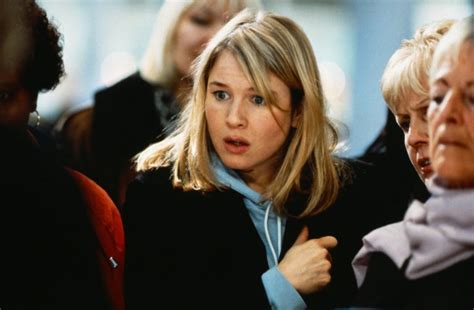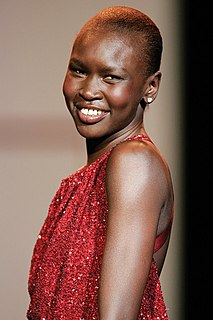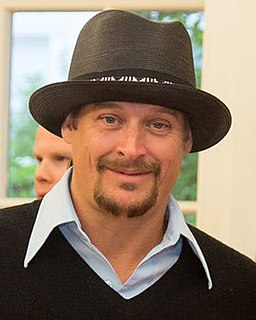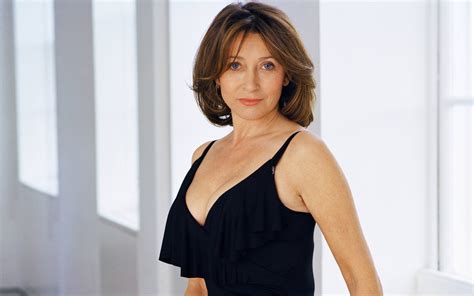A Quote by Elizabeth Warren
Like a lot of you, I grew up in a family on the ragged edges of the middle class. My daddy sold carpeting and ended up as a maintenance man. After he had a heart attack, my mom worked the phones at Sears so we could hang on to our house.
Related Quotes
I was brought up in a very naval, military, and conservative background. My father and his friends had very typical opinions of the British middle class - lower-middle class actually - after the war. My father broke into the middle class by joining the navy. I was the first member of my family ever to go to private school or even to university. So, the armed forces had been upward mobility for him.
I'm sure everything has a bearing on what I'm doing. My family is a lower-middle-class family, there's lots of children, seven brothers, two sisters grew up together, fighting with each other, went to school. My mother went to school up to 4th grade. My father went to school up to 8th grade. So that's about the education level we had in the family.
The problem is that affirmative action could never really get at the issue of corporate power in the workplace, and so you ended up with the downsizing; you ended up with de-industrializing. You ended up with the marginalizing of working people and working poor people even while affirmative action was taking place, and a new black middle class was expanding.



































